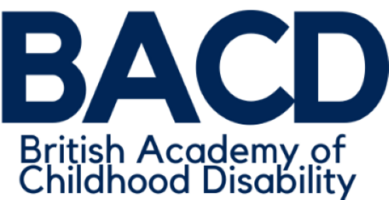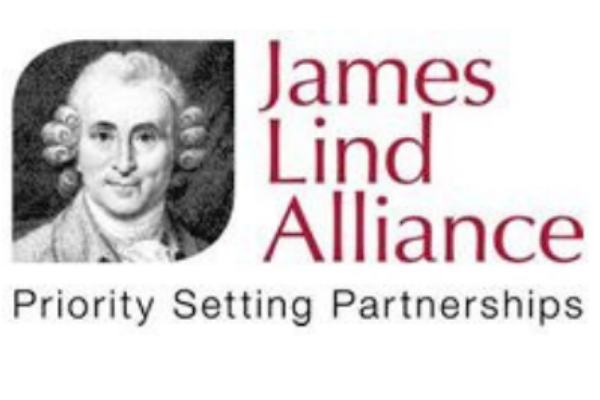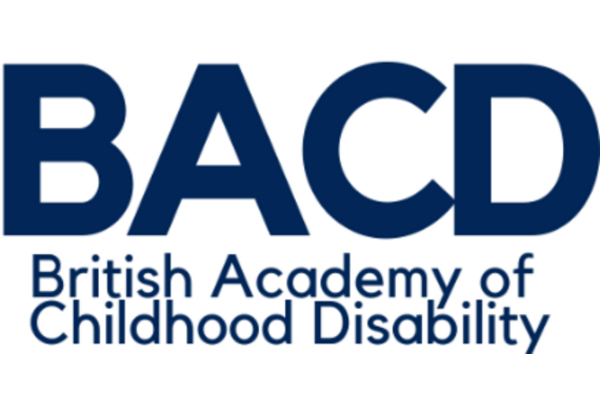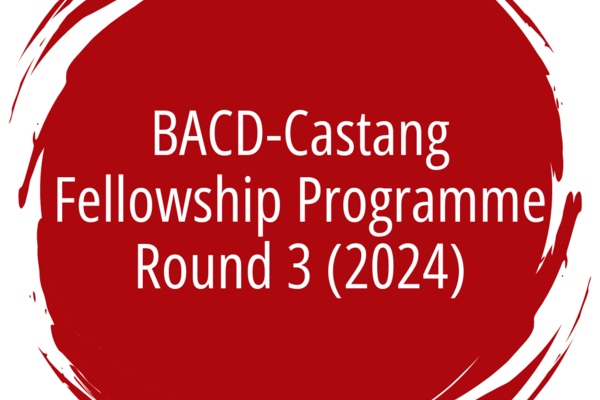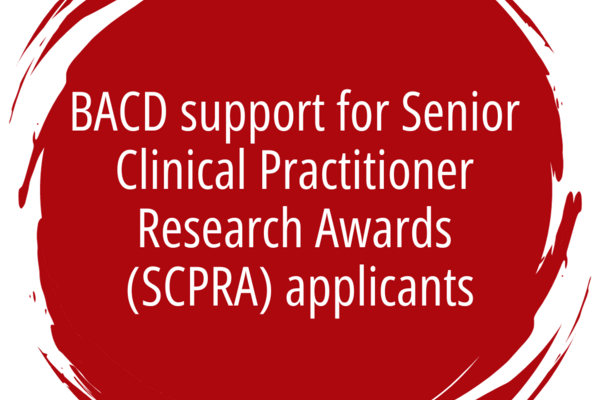The James Lind Alliance (JLA) priority setting partnership (PSP) was established in 2014 to identify priorities in health research. I was lucky enough to be invited to the JLA PSP for scoliosis management in November 2017. I had no previous experience of the process, and it was a hugely valuable day.
The process and workshop overview
The process is co-ordinated by an expert steering committee. A survey (697 respondents) of stakeholders identified 1,231 questions important research questions regarding the management of scoliosis. Through literature review to exclude previously answered questions and Delphi process prior to the workshop day, 27 priority questions were identified.
Before attending the workshop the delegates were asked to list the questions in order of priority from our own personal perspective. This was incredibly hard to do, all 27 were relevant and important questions and it was challenging that they were not sorted into themes, or structured, rather presented in a random order. I forced myself to make decisions, which felt very subjective and personal to me.
The day was attended by multiple professionals, parent-carers, young people and adults with scoliosis and we worked in three groups to discuss and compare our own rankings. Immediately it became obvious that we all have our own personal bias. Initially all of us were apologising when we had not prioritised a question that was very important to another member of the group. It soon became clear, however, that actually this is natural, and of key importance is to have insight to why we make our choices and what our personal bias is.
After we had discussed our own rankings and had a break we re-convened to make a shared team ranking of the 27 questions, this was tough but so interesting to bring in others perspectives and have our own priorities challenged. A plenary session then compared the rankings of the three groups and produced an overall rank order through amalgamation of the scores.
After lunch we were convened into three different groups to consider the combined ranking, to discuss areas of controversy and to refine the ranking. At this point I reflected that we had developed alliances from our early group discussion. Individuals spoke on behalf of “their team“ and not always according to their own individual preferences. It was really interesting to see that this was a more directly challenging environment, with discussion “between teams”.
Finally the new rankings we amalgamated to produce a list in order; and we had a plenary session to come to consensus. There was a high degree of consistency in the top 5, but significant amount of discussion around 3 or 4 questions that were just outside the top 10, and these were considered high priority by some of the workshop participants. The negotiation and discussion was intense, if these jumped into the top 10 which could be replaced? It was really tough, actually impossible, we ended up with 12! These can be found on the JLA PSP scoliosis website.
Conclusion
I would highly recommend attendance at a workshop if you are invited - to challenge your own ideas, to learn about strategic research priority setting, and to meet others who are genuinely passionate about a clinical problem but who may have a completely different perception and context. Finally, to observe a master-class demonstration on how to facilitate a workshop, to create a meaningful output.
My Personal Learning points of the day
- The observation of expert workshop facilitators
- I was impressed by the high degree of respect by all participants for everyone’s personal view and diversity, yet maintaining the ability to constructively challenge each other
- Recognition of my own and other’s personal bias, how important this is, and how it impacts on all our decision making
- Developing my understanding of priority setting research methodology, and the rigour involved
- To reflect and understand the importance of clarity when creating a research question
Dr Jill Cadwgan, Consultant Paediatric Neurodisability, Evelina Children's Hospital, London
